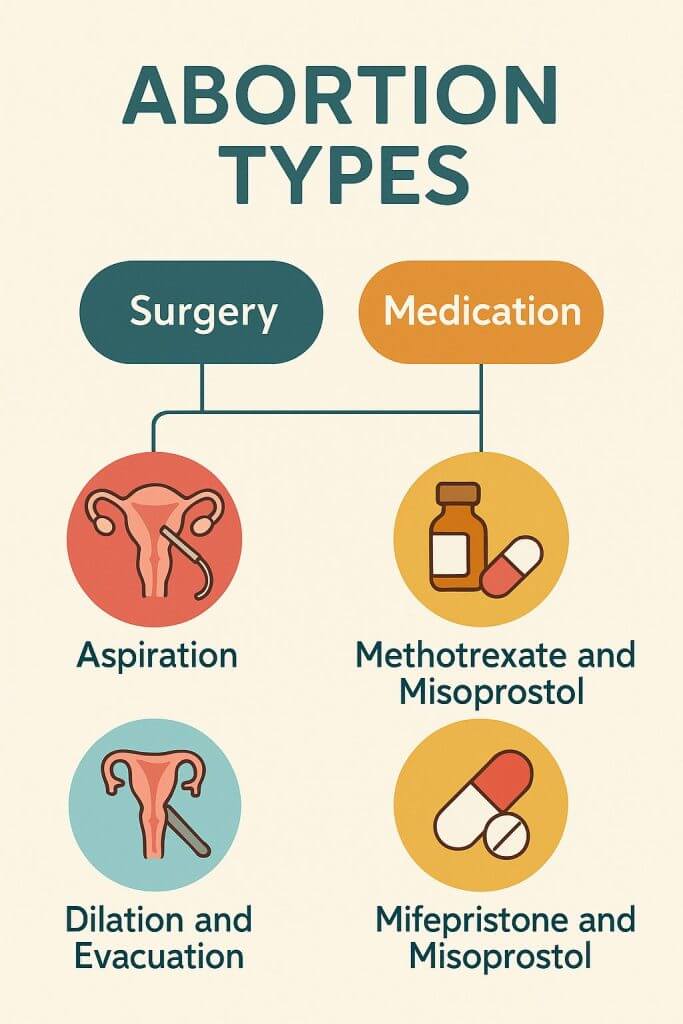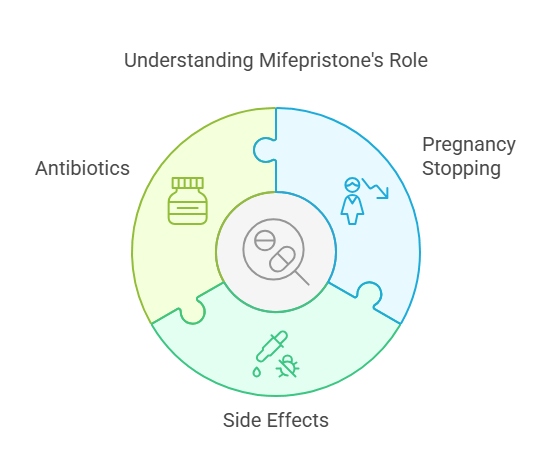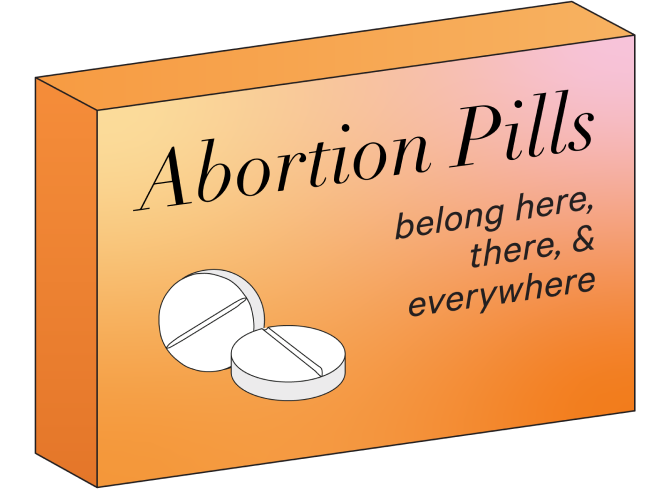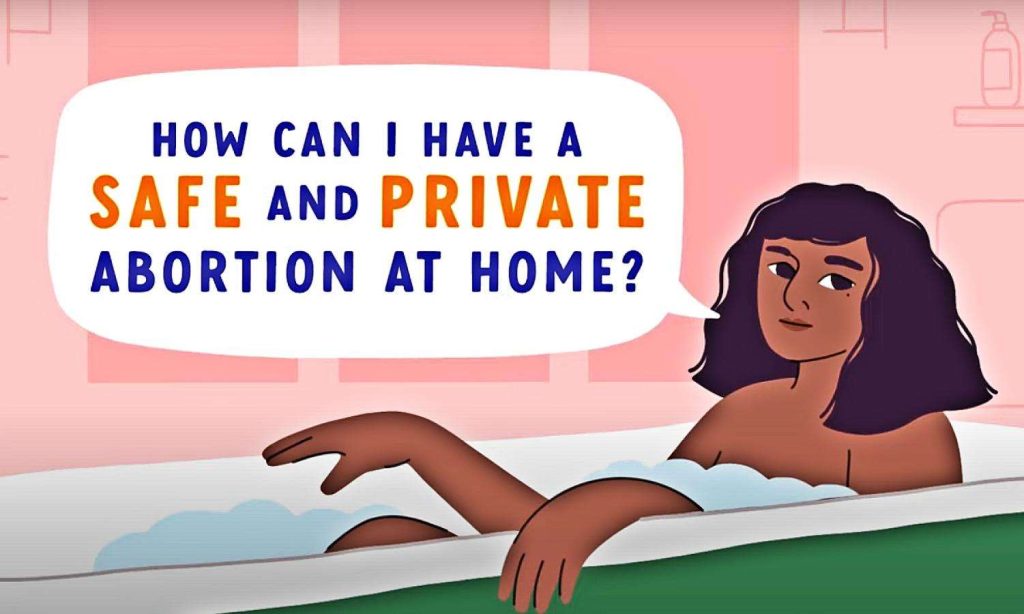Pregnancy is the most beautiful thing in the world for every women. Its a dream for every women to get pregnant no matter its a baby girl or baby boy. But some time there is a most common issues while having pregnancy.
Life thretning issue Some time your pregnancy got complcations and doctor recommended to get abort for saving mothers life.
Relationship issues we are not supported this type of abortion. If you having sex before marriage and girl got pregnant. They decide to abort their chiled.
Old age pregnancy In a very old age women get pregnant and she does not contain their pregnancy and there is also a life thretning issue. Then doctor recommend to medical abortion.
Here is some penalties for abortion cases in the UAE
Abortion in the UAE is governed by two key laws the UAE Penal Code Federal Decree Law 31 of 2021 and the Medical Liability Law Federal Decree Law No. 4 of 2016.
UAE Penal Code Federal Decree Law 31 of 2021
Abortion itself from Pregnant Woman If a woman intentionally aborts her pregnancy she may face imprisonment for up to 1 year or a fine of up to AED 10000.
Abortion Caused by Another Person with the Womans Consent If someone else causes the abortion with the womans consent they could face a minimum 2 year prison sentence or a fine of at least AED 10000.
Abortion Caused by a Medical Professional If a physician pharmacist or other medical professional causes an abortion they may face imprisonment for up to 5 years.
Abortion Without the Womans Consent If the abortion is carried out without the woman’s consent, the person responsible could face imprisonment for up to 7 years.
Medical Liability Law Federal Decree Law No. 4 of 2016
The pregnancy threatens the life of the woman. Abortion is necessary to save her life and no other options are available.
The doctor and attending physician approve the procedure. Woman and her husband sign a report confirming the necessity of the abortion. fetus has a serious malformation that would result in a painful and harmful life for the child. The abortion occurs within 120 days of pregnancy.
Penalties for Doctors
Any doctor performing an abortion can face up to 4 years in prison. If the abortion leads to the death of the woman the doctor could face 5 to 10 years in prison.
- Abortion is only allowed under specific circumstances primarily when the womans life is at risk or if the fetus has severe malformations.
- The involvement of medical professionals is regulated and strict penalties exist for those who perform illegal abortions or cause harm during the process.
These laws ensure that abortion in the UAE is tightly regulated with a focus on protecting both the mothers life and the childs well being.
are you confuse in abortion types
Medical abortion Used in early pregnancy usually up to 10 weeks
Mifepristone and Misoprostol
Mifepristone blocks pregnancy hormones Misoprostol causes uterine contractions to expel the pregnancy.
surgical abortion
sually performed in clinics or hospitals at various stages of pregnancy
Manual Vacuum Aspiration MVA Suction method used up to 12 to 14 weeks.
Dilation and Curettage D and C Removal of uterine contents using suction and a curette; can be used after miscarriage or abortion.
Dilation and Evacuation D and E Used for second trimester abortions after 14 weeks involves suction and surgical tools.
Here we are talked about medical abortion. If you are decide to abort through medical abortion then you know about the abortion pills. Which type of pills you can use to terminate your pregnancy and also suits your body conditions.

There are some medical pills listed below you can use to terminate your pregnancy
| Medicine Name | Purpose / Use | Main Ingredients | Type | Typical Use Case |
|---|---|---|---|---|
| Cytotec | Medical abortion / Ulcer treatment | Misoprostol | Tablet | Pregnancy termination (with Rx) |
| Mifegest Kit | Medical abortion (up to 9 weeks) | Mifepristone + Misoprostol | Kit (1 + 4 tablets) | Full medical abortion |
| Gestapro Kit | Medical abortion | Mifepristone + Misoprostol | Kit | Similar to Mifegest Kit |
| Emergency Pills | Prevent pregnancy after unprotected sex | Levonorgestrel / Ulipristal | Single tablet | Within 72 hrs of unprotected sex |
| ST MOM | Hormonal support / contraceptive (brand-specific) | Varies (confirm via pack) | Syrup / Tablet | Female health support / period regulation |
| Breeky | Menstrual regulation / Abortion (assumed) | Misoprostol (most likely) | Tablet | Delayed periods / abortion (off-label) |
| Ma Kare | Abortion or uterine cleanser (unregulated) | Herbal / Unknown | Capsule (herbal) | Traditional abortion / uterus cleaning |
Some tips Before Taking the Abortion Pill
Before taking the abortion pill you must first meet with a qualified medical professional. Private doctor Nurse orGynecology clinic staff
During this appointment your healthcare provider will Determine if abortion is the right decision for you based on your health and pregnancy condition. Discuss available abortion options and which is most suitable for your body. Conduct essential lab tests physical examinations and ultrasounds to confirm pregnancy stage and health
Medical Guidance and Preparation
After your initial consultation, your doctor will Provide detailed instructions on how to take the abortion pills. Recommend which pill is best suited for your condition. Share emergency contact numbers you can call 24/7 for support or assistance
Preparing for the Abortion Process
Once you are ready to begin the medication abortion make sure you are in a safe and comfortable environment. You will likely experience heavy bleeding and cramping so it is important to prepare ahead of time.
Stay at home or in a private restful place. Have a trusted support person with you. Keep these essentials handy.
Sanitary pads Heating pad Pain relief medication (avoid aspirin) Nutritious snacks and food Books or entertainment for distraction Prescribed anti nausea medicines
Important Tips for a Medication Abortion
The Medication Abortion Process Two Key Steps
Taking Mifepristone
- This pill stops the pregnancy from growing
- Some may feel nauseous or start bleeding after taking it but it is not common
- Your doctor may prescribe antibiotics to prevent infections

Taking Misoprostol
- This medicine is taken within 48 hours of the first pill
- Misoprostol causes cramping and bleeding to empty the uterus
- Always consult your doctor about the exact timing for taking the second pill
What to Expect After Misoprostol
- Cramping and bleeding typically begin within 1 to 4 hours
- You may see large blood clots up to lemon size or tissue this is normal
- The process often resembles a very heavy period
Most people complete the abortion process in 4 to 5 hours though it may take longer. You might continue to bleed and cramp for 1–2 days.
Pain Management During the Process
Take ibuprofen not aspirin about 30 minutes before misoprostol to ease cramps. Use heating pads and wear comfortable clothing. Stay hydrated and rest as much as possible. Use pads for the first few days to monitor bleeding levels. Light spotting may continue for several weeks
Follow Up Care
After the abortion it is essential to follow up with your doctor to ensure everything is complete and that you’re recovering both physically and mentally.
Post Abortion Check May Include
- Ultrasound or blood tests
- Mental and emotional health check
- Confirmation that the abortion was successful
In rare cases where the abortion is incomplete and pregnancy continues your doctor may recommend
- A second medication dose
- An in clinic abortion procedure
Cost of Medication Abortion in the UAE
The cost of a medical abortion in the United Arab Emirates can vary significantly depending on multiple factors.
Average Price Range: $300 to $800
Factors That Affect the Cost
- Location Clinics in areas with stricter abortion laws may be more expensive or harder to find
- Provider Type
- Private clinics typically charge more
- Non profit services like AbortionPillsUAE offer more affordable options
- Health Insurance Some plans may cover partial or full abortion costs
- Financial Assistance Support groups or NGOs may provide funding to help with abortion related expenses


